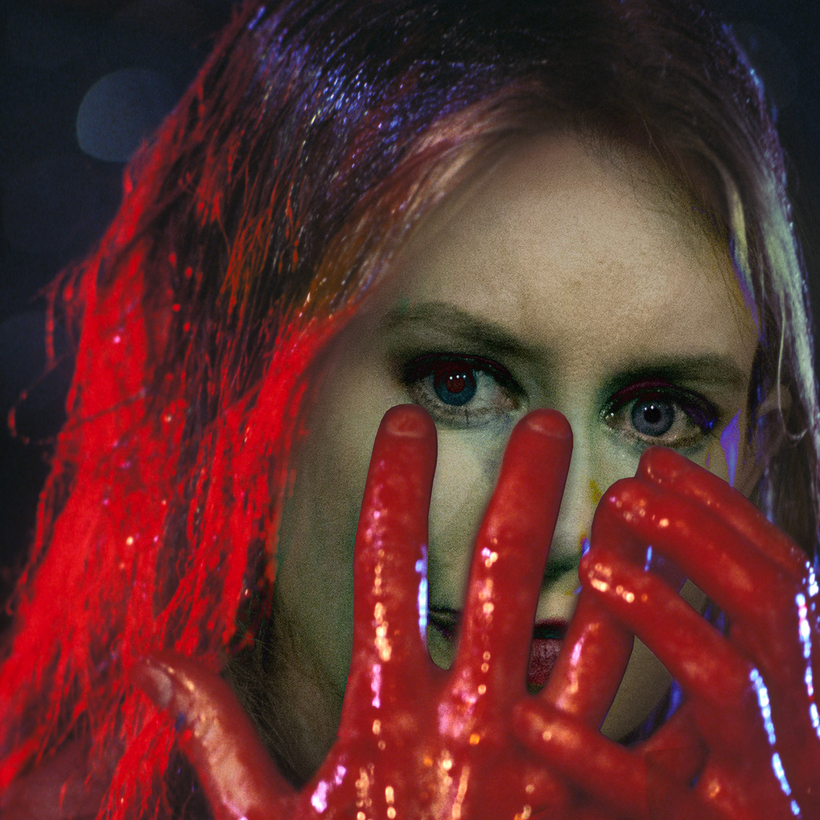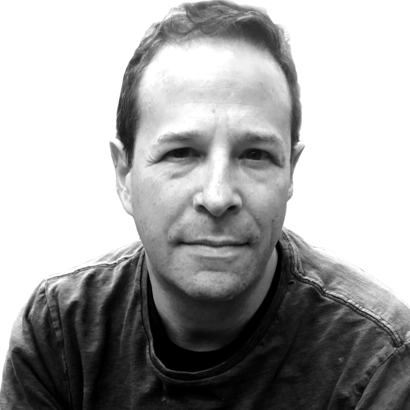Though their signature product addicted millions and killed hundreds of thousands, not a single member of the Sackler family—owners of Purdue Pharma, maker of OxyContin—has gone to prison. Though his computer applications—Facebook, Instagram—have shattered the attention span of the public and turned us into a bunch of distracted, conspiracy-believing ninnies, Mark Zuckerberg continues to make his billions. Though they hid the true cost of fossil fuels for decades, giving us a prospect of sunken cities, melting ice sheets, and picnics at the North Pole, the C.E.O.’s of Exxon have neither forfeited their bonuses, changed their tee times, or expressed remorse. And what about Adam Neumann, the grifter genius behind WeWork? What’s he doing now other than raking in the dough and attending super-fancy conferences?
Meanwhile, Elizabeth Holmes, founder of defunct blood-testing start-up Theranos, who did indeed lie and misrepresent but victimized mostly super-wealthy investors—Betsy DeVos, Rupert Murdoch, the Walton family—has been convicted on four counts of fraud, and will likely spend time in prison.


